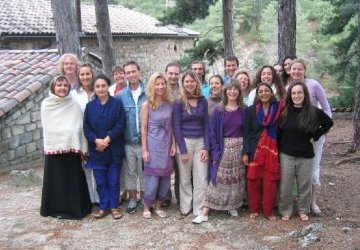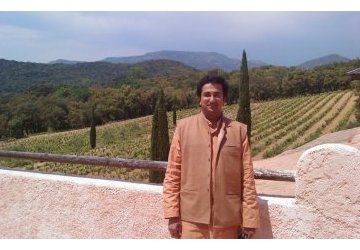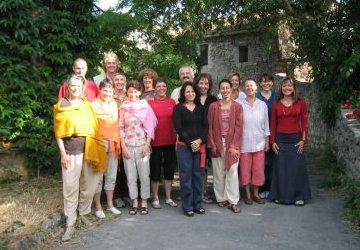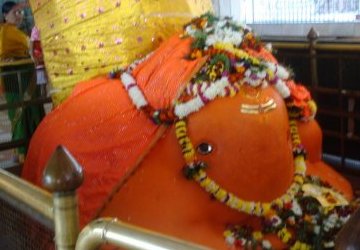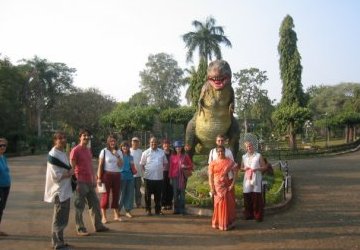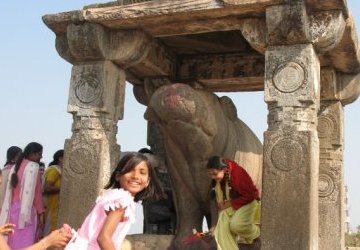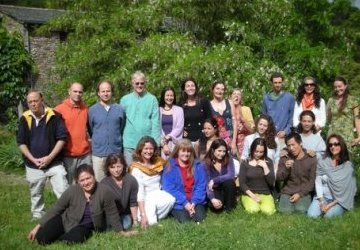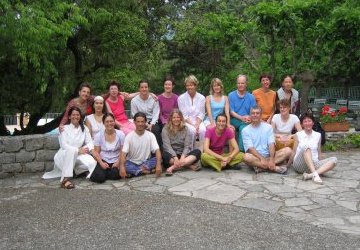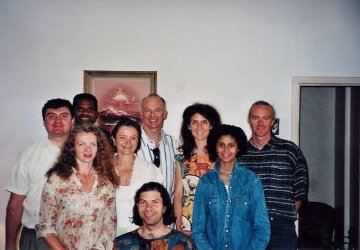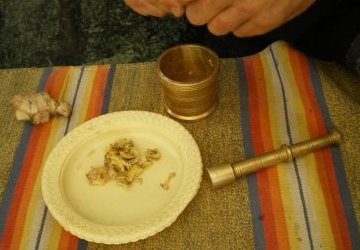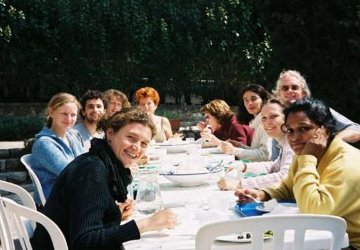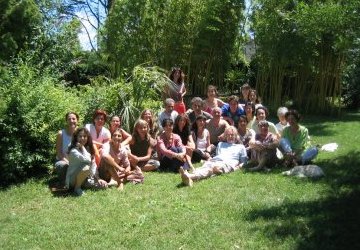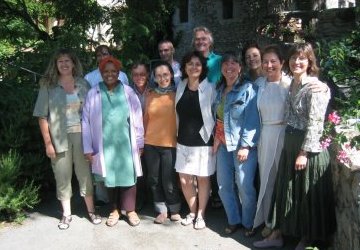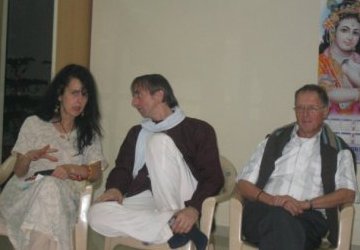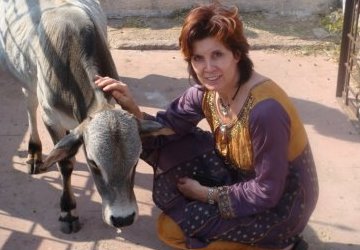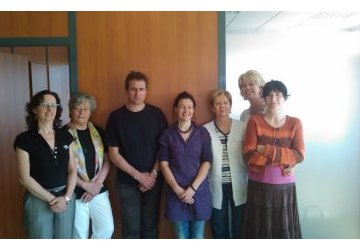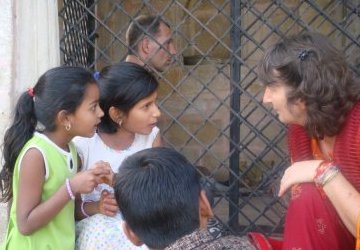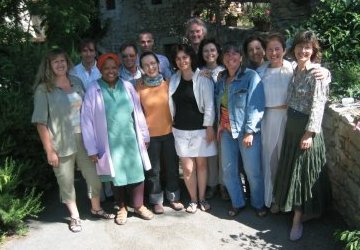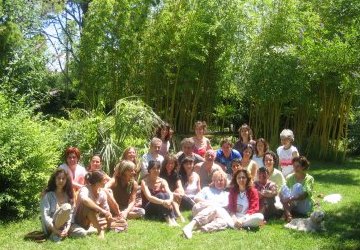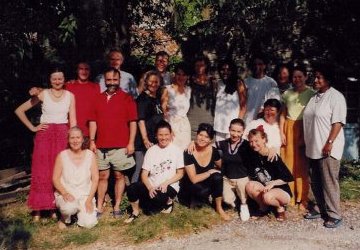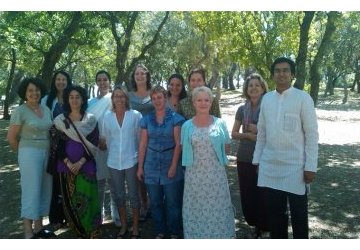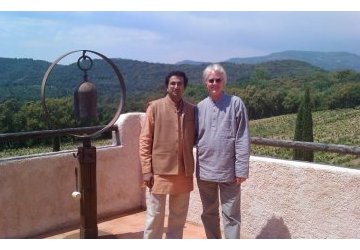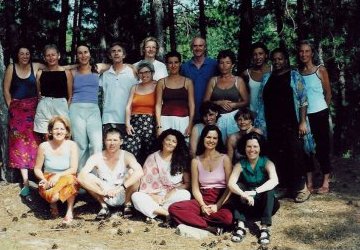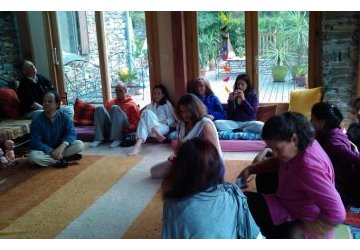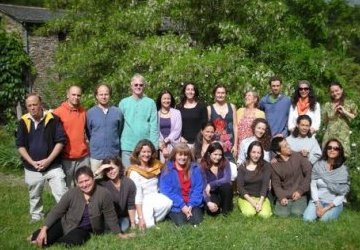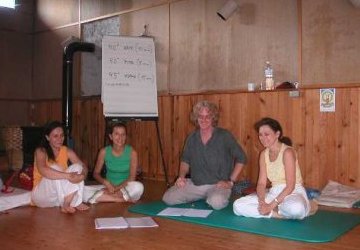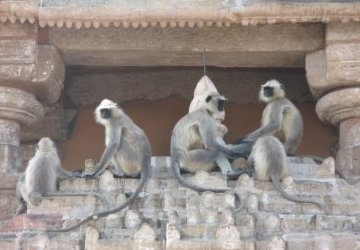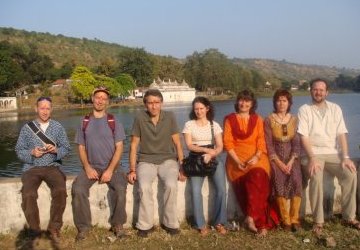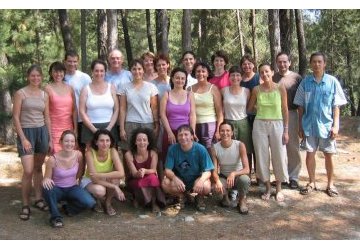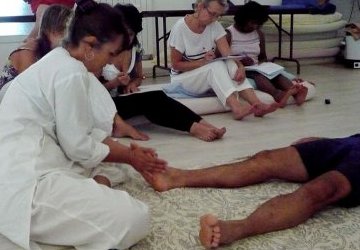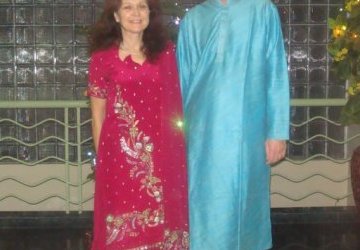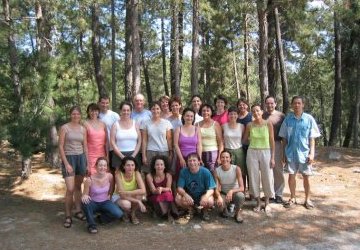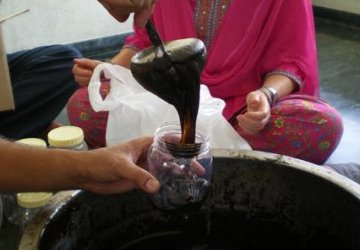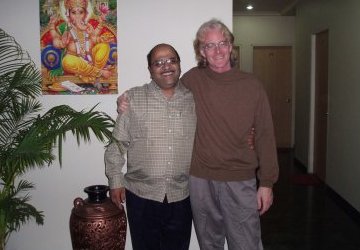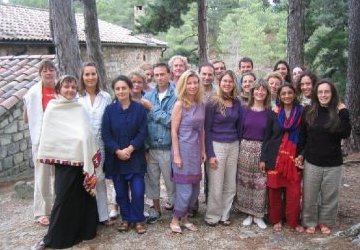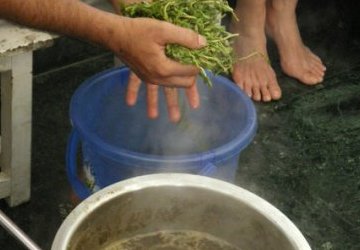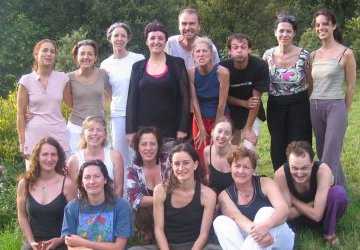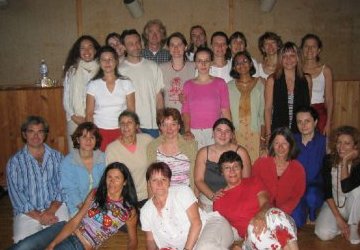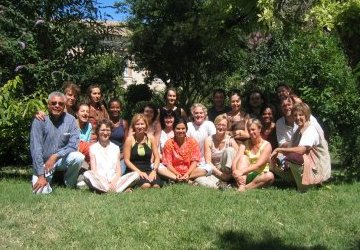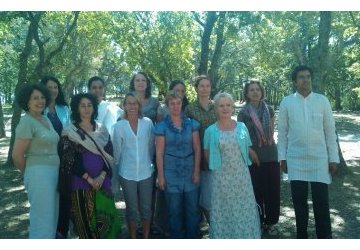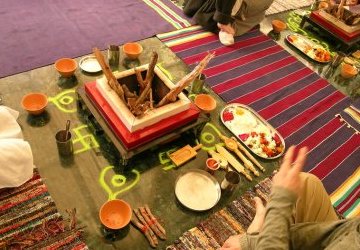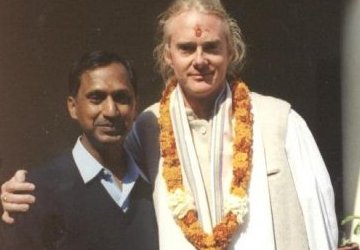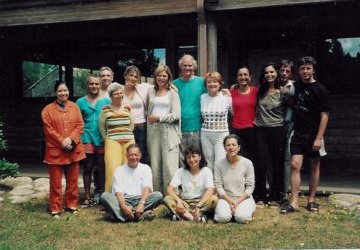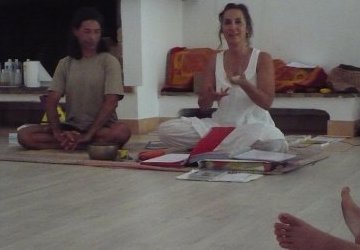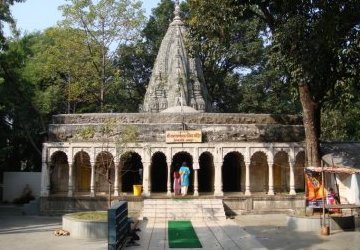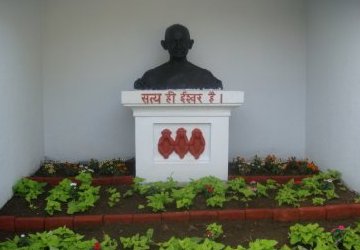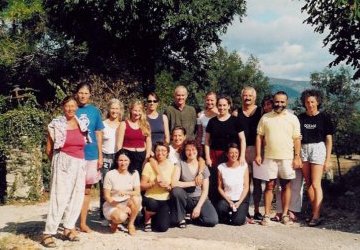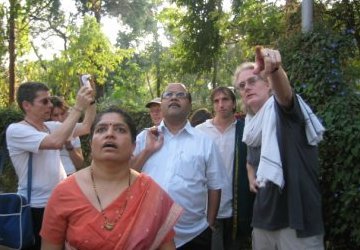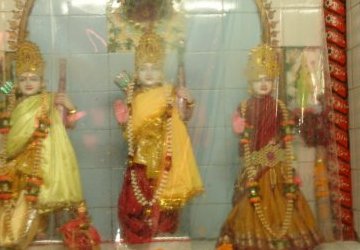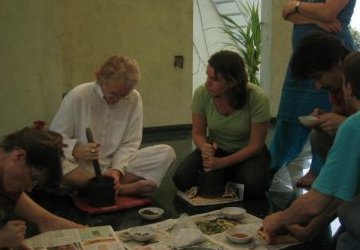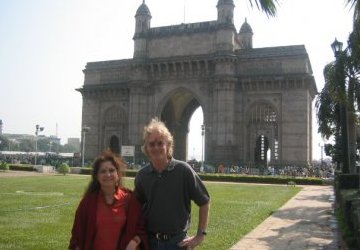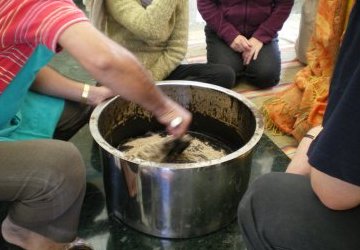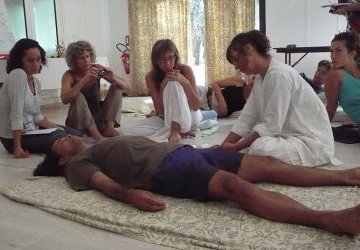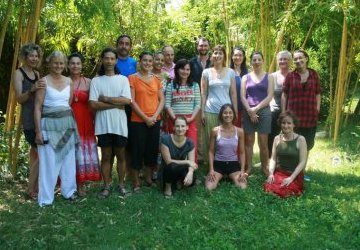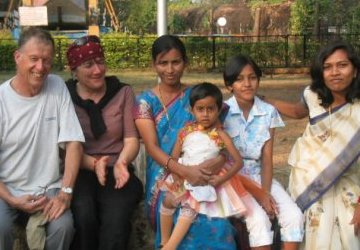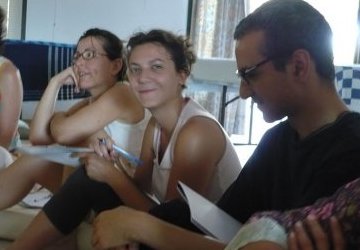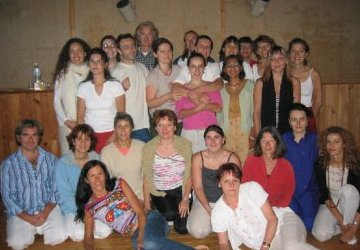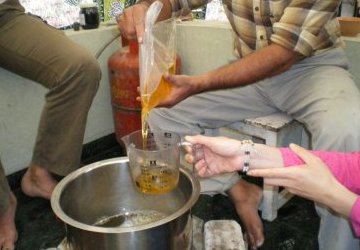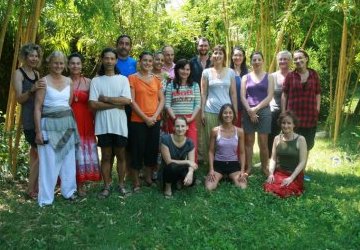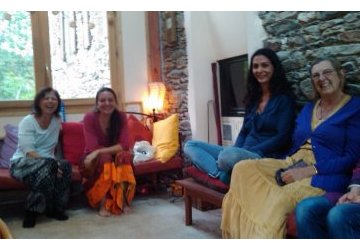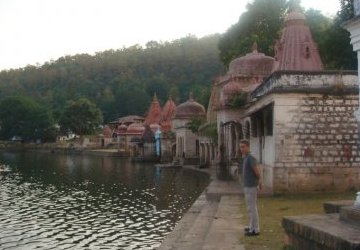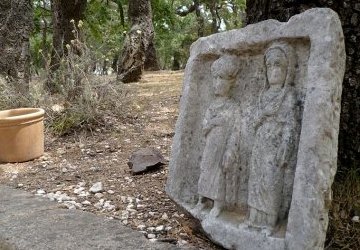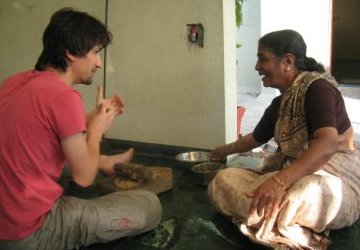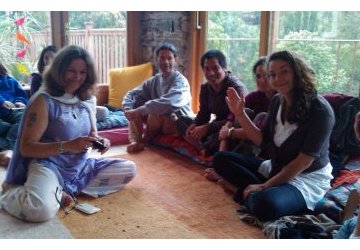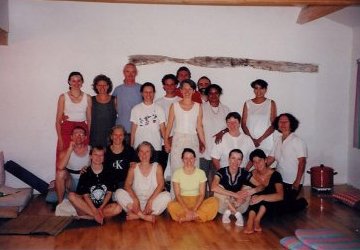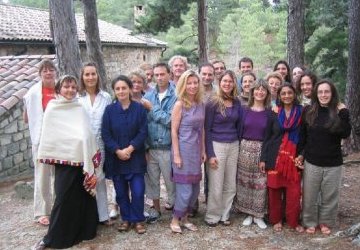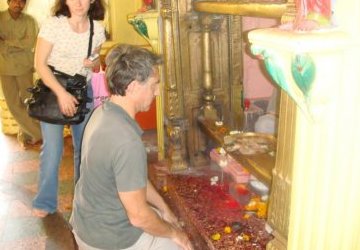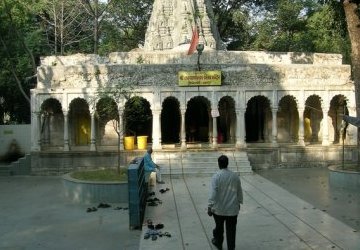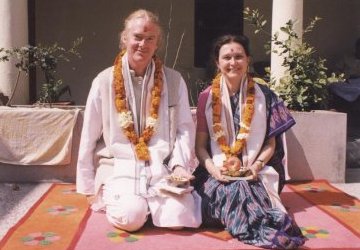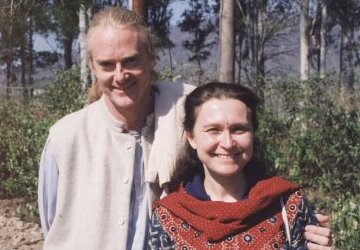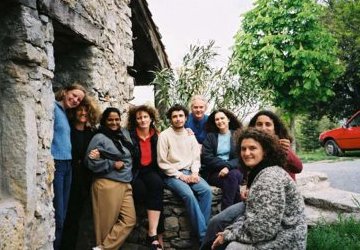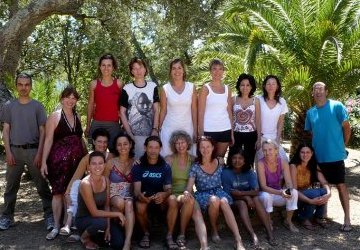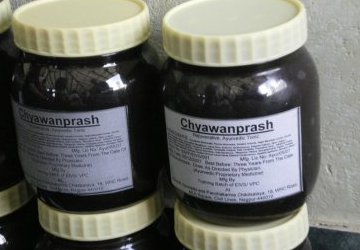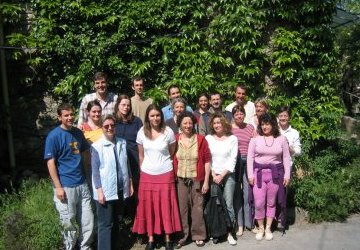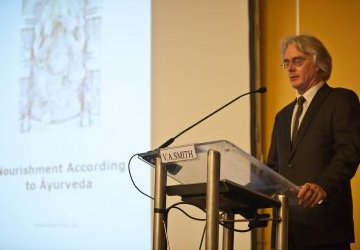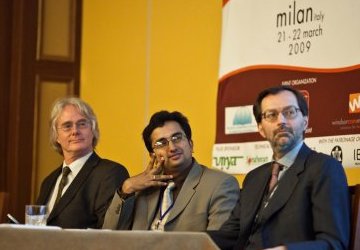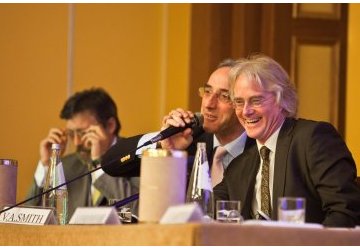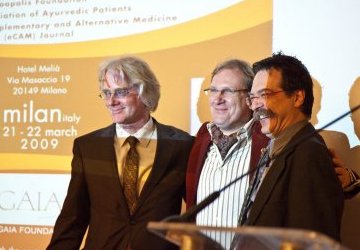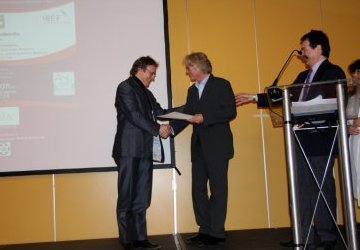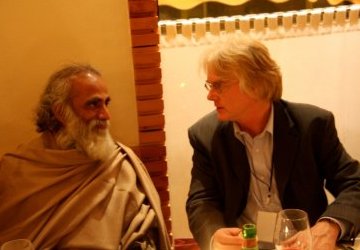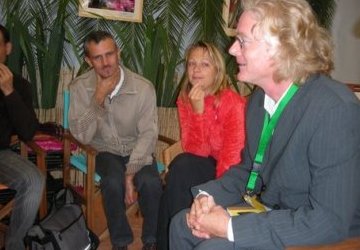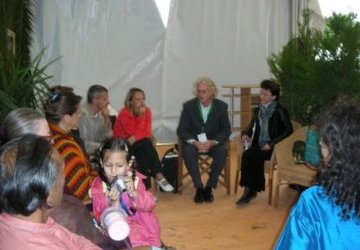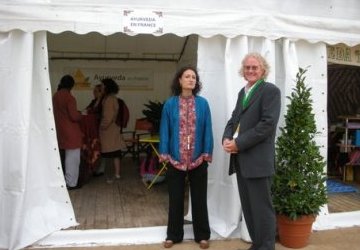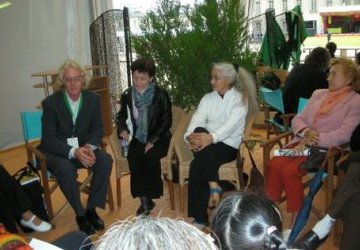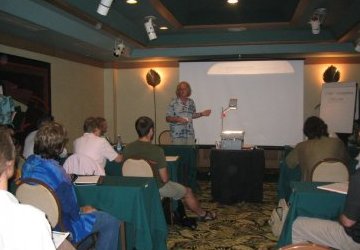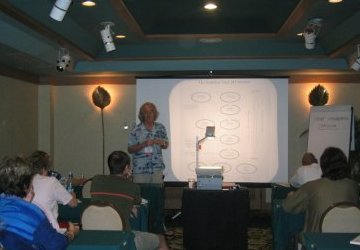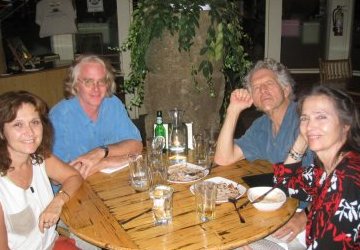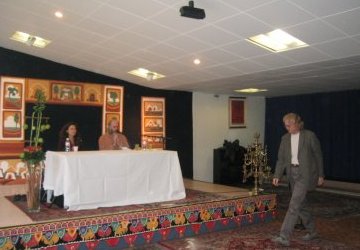Caraka and the Acquisition of Knowledge
Several years I was editing some the work from a student and was shocked at the total misunderstanding he had about the four classical ways humans acquire knowledge. This was especially shocking as he had been my assistant for several years teaching anatomy / physiology for my school in France. Therefore, I am posting the Sutras of Caraka with an explanation as modern students - especially those trained in science like this student - are unable to fathom.
Caraka has the following to say about the acquisition of knowledge in general:
“Everything can be divided into two categories, true or untrue. These can be examined by taking recourse to one of the following four methods:
1) Authoritative statement from a Sage (Rishi),
2) Direct perception,
3) Inference,
4) Reasoning.”
CS.SU.11.17
This is an important concept to grasp before taking on the study of Ayurveda. Caraka teaches us to understand how we attain knowledge and how to judge the value of that knowledge.
Definition of the authority of a Sage (Rishi):
“Those enlightened persons who are absolutely free from the predominance of Rajas and Tamas (i.e., have a pure mind of Sattva) by the virtue of the power of penance have attained uninterrupted knowledge of Past, Present and Future are known as Aptas".
CS.SU.11.18
The classic texts in Ayurveda – Caraka Samhita and Susruta Samhita – are the transmissions of Sages or Rishis. This is considered to be the highest form of knowledge in Ayurveda. When a living Rishi is available then it is best to receive knowledge directly from them. When this is not possible then the text, or words, or writing of these people is considered to be of the highest value. Note the traditional definition of enlightenment is the absence of Rajas and Tamas in the mind; and that the person has made an effort through penance, austerities, meditation, etc. to achieve knowledge. This knowledge is defined as “continuous or uninterrupted”. This means that the Rishi is abiding in a permanent state of knowledge; it is not a transient state of ordinary knowledge that leaves us when we sleep. The Rishi has uninterrupted knowledge of the three states – past, present and future – because they abide in the fourth state called Turiya, or that which is beyond the fourth called Turiyatita. So according to Indian tradition this kind of knowledge is:
1) Very rare
2) Can be trusted 100%
Definition of Direct Perception:
“The knowledge which that is instantaneously manifest as a result by the proximity of the Jivatman, sense organs, mind, and objects is known as Pratyaksha (direct perception).”
CS.SU.11.20.
Direct perception is the next best form of knowledge. Note the wording in the Sutra above that says, “knowledge which that is instantaneously…”. This is the key wording to the definition of Direct Perception in the Indian tradition. Any knowledge that comes “instantaneously” is not influenced by the conditioned psychology of the person. Hence, any knowledge or information that comes after thinking or reflection is not direct perception because it has been modified by the psychology. Therefore, the meaning of Direct Perception is that it is knowledge that arrives to a Sattvic mind – in other words only a Rishi can have Direct Perception. This is because the nature of Rajas and Tamas is to change and modify anything they come into contact with.
Definition of Inference:
“Inference is preceded by perception. It is of three types and is related to the present, past, and future. For example, fire is inferred from smoke, sexual intercourse from pregnancy; these two belong to the present and past respectively. One can also infer the future fruit from the seed of a tree; this belongs to the inference of the future.”
CS.SU.11.21-22
Inference is based on perception of an object. Inference is rooted in time, either the present, past or future. Hence, with this form of knowledge we are under the domination of Rajas and Tamas that control the normal human psychology. This means that the knowledge gained through Inference is subjective because it is modified by the conditioned mind (Manas) and intellect (Budhi). Therefore, this kind of knowledge is good, but is not completely reliable. If the psychology is stable then the inferences will be correct. However, many people have disturbed minds, sometimes temporarily, sometimes permanently; these modify the conclusions of inference. For example, saying that Kapha causes dryness is incorrect. But saying that Vata can cause dryness because it dries out Kapha is correct. In this example we know that the guna of Vata is dryness. By inference we can then see that dryness in the body – in the past, in the future, and in the present – are caused by Vata. It is wrong inference to give this attribute to Kapha, at any time, because it does not have dryness as one of its gunas.
Definition of Reasoning:
“The intellect which perceives things as the outcome of multiple causative factors, from either the past, present or future, is known as Yukti (reasoning). Reasoning helps in the attainment of the three objectives in human life; Dharma, Artha and Kama.”
CS.SU.11.25
Reasoning is based on the correct use of the Budhi or intellect. The intellect is dominated by Rajas and Tamas which are rooted in time, either the present or past or future. These two Mahagunas (Rajas and Tamas) influence the perception of the object (i.e., patient) and the intellectual process used to arrive at a conclusion concerning the object. The intellect and reasoning are valuable tools, but they are completely subjective because they are rooted in time and controlled by Rajas and Tamas. Hence, Reasoning as a means of knowledge is subject to interpretation and manipulation by the psychology of the practitioner. This is unavoidable. The more stable and adaptable the psychology is the better the conclusion will be from the reasoning process. Reasoning is based on the law of cause and effect.
“If seeds are planted at the right time with the right earth and enough water I will have a crop.”
This is a logical reasoning process given the Caraka to show what reasoning is (CS.SU.11.23). Reasoning will give good results if there is a good understanding of the subject. For example, if nothing is known about growing crops then there may not be a successful reasoning outcome to the use of the seeds. The same is true in Ayurveda; if the practitioner has not memorized anatomy and physiology it will inevitably lead to wrong logic and reasoning.
Conclusions About Caraka and Gathering Knowledge
The classical method of teaching Ayurveda relies on the Sutras of both Caraka and Susruta as the ultimate authority. This is followed by the teacher who is enlightened. This is followed by the teacher who has lived with an enlightened Rishi or has committed to memory the Caraka and Susruta Samhitas. This is followed by the teacher that has learned from inference and experience. This is followed by the teacher who has learned from reasoning and experience. The last teacher is the least reliable.
Hence, there is a clear hierarchy of ways to acquire knowledge.
1) We should practice correct Inference by the study of the Samhitas and by study with a qualified teacher.
2) We should practice correct Reasoning by the study of the Samhitas and by study with a qualified teacher.
Copyright © 2017 Vaidya Atreya Smith



